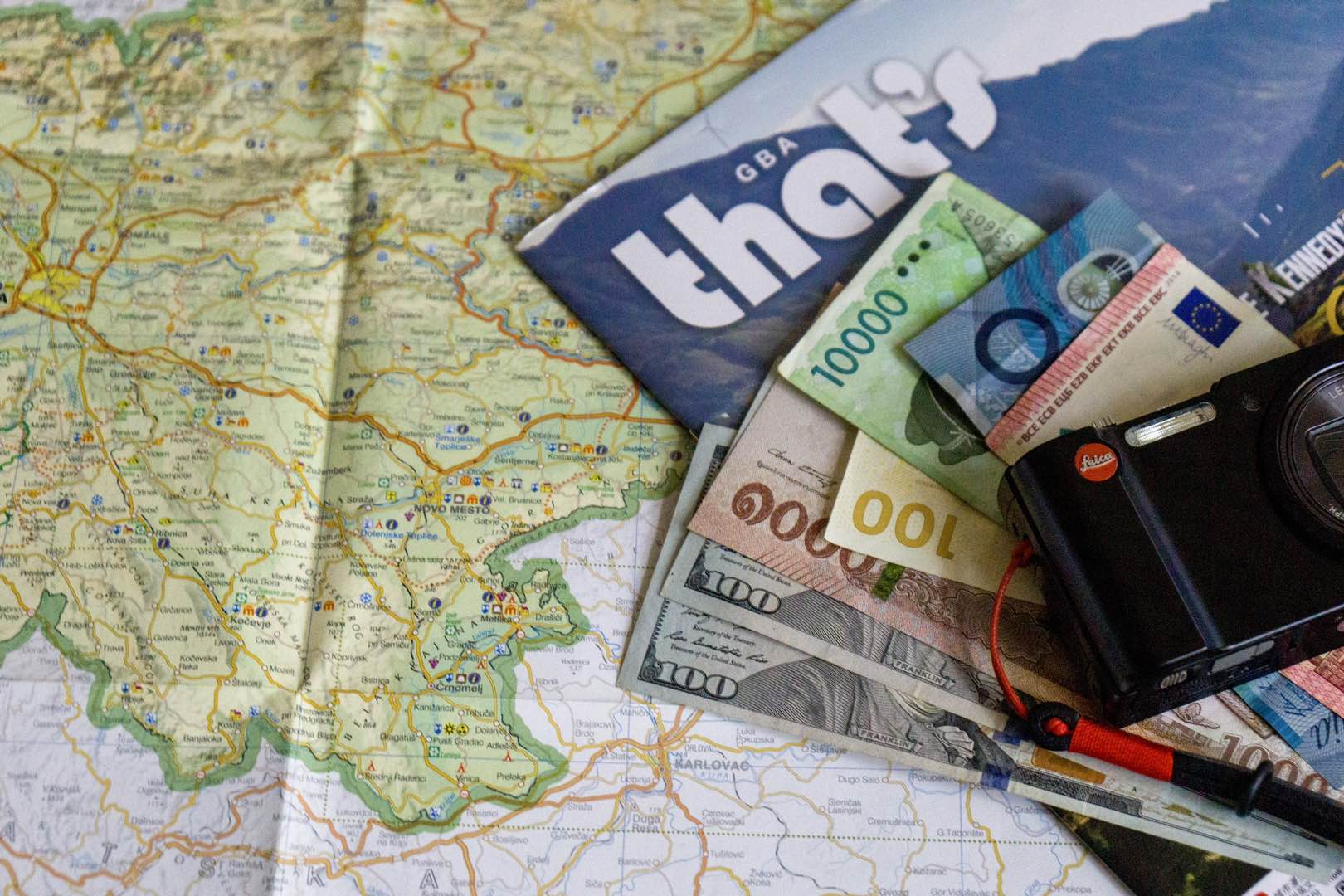20 Countries That Still Have COVID Travel Restrictions
By Billy Jiang, June 14, 2023

As the world gradually recovers from the COVID-19 pandemic, June marks a significant turning point, with several countries easing entry requirements and embracing a more open approach to international tourism.
Leading the way, the United States has fully reopened its borders to international visitors as the country ended the international travel vaccine mandate for non-US residents and permanent residents on May 11, 2023.
Across the Atlantic, Europe has emerged as a sought-after destination as it fully reopens its doors to international travelers, allowing them to explore iconic landmarks, savor culinary delights, and immerse themselves in rich histories.
However, it's worth noting that the ongoing Russia-Ukraine conflict may still impede travel to these regions, and travelers are advised to stay updated on any specific restrictions imposed by affected countries.
In Asia, Indonesia has lifted recommendations for international and domestic travelers to receive additional vaccine doses since June 9, while Nepal has canceled the "proof of vaccination or negative PCR test" policy for inbound travelers, simplifying entry requirements and promoting a more convenient and welcoming environment for visitors since the end of May.
Overall, with the World Health Organization (WHO) declaring an end to the Public Health Emergency for COVID-19, there are now very few restrictions on international travel.
READ MORE: WHO Declares End to COVID-19 Global Health Emergency
According to the International Air Transport Association (IATA) as of June 14, 2023, countries with entry requirements for COVID-19 prevention are as follows:
Angola: Proof of vaccination or a negative PCR test within 48 hours. Children under 12 are exempt.
Bolivia: Proof of vaccination, a negative PCR test within 72 hours or a negative antigen test within 48 hours. Children under 5 are exempt.
Burkina Faso: Proof of vaccination or a negative PCR test within 5 days.
Cameroon: Proof of vaccination or a negative PCR test within 5 days or a negative antigen test within 72 hours. Travelers may be required to undergo on-arrival antigen testing.
Central African Republic: Proof of vaccination or a negative PCR test within 72 hours.
Cuba: On-arrival testing is required.
Djibouti: Proof of vaccination, a negative PCR test within 72 hours or on-arrival testing.
India: Travelers may undergo on-arrival testing upon entry.
Iran: Proof of vaccination or a negative PCR test taken within 72 hours is necessary.
Libya: Full vaccination is required, excluding children under 12. Travelers may be required to undergo on-arrival antigen testing and self-funded home isolation.
Myanmar: Proof of completion of two doses of vaccination at least 14 days before entry or a negative COVID-19 PCR test taken within 48 hours is required. Children under 12 traveling with vaccinated parents are exempt.
Nicaragua: Proof of vaccination or a negative PCR test within 72 hours. Children under 3 are exempt.
Niger: Proof of vaccination or a negative PCR test within 5 days or a negative antigen test within 72 hours.
North Korea: Foreign tourists are currently not allowed to enter, while North Korean citizens entering the country must undergo a 30-day quarantine.
Pakistan: Travelers entering Pakistan, excluding Pakistani children under 12 and non-Pakistani minors under 18, must be fully vaccinated against COVID-19 and provide a negative PCR test taken within 72 hours before departure. On-arrival testing may be required.
Philippines: Unvaccinated adult travelers or children under 15 traveling without fully vaccinated guardians must provide a negative antigen test taken at most 24 hours before departure from the first embarkation point.
Saudi Arabia: Visitors with a visit visa must purchase medical insurance that covers COVID-19 infection. Pilgrims with Hajj visas must be fully vaccinated.
South Sudan: Proof of vaccination or a negative PCR test within 72 hours. Children under 5 are exempt.
Togo: Proof of vaccination or a negative PCR test within 5 days.
Turkmenistan: Mandatory on-arrival testing is required at a cost of USD43.
Please note that this is not an exhaustive list, and travel restrictions are subject to change. Where are you traveling to this summer? Please let us know in the comments and follow us on WeChat Official Account, ThatsGBA.
[Cover image by Billy Jiang/That's]
